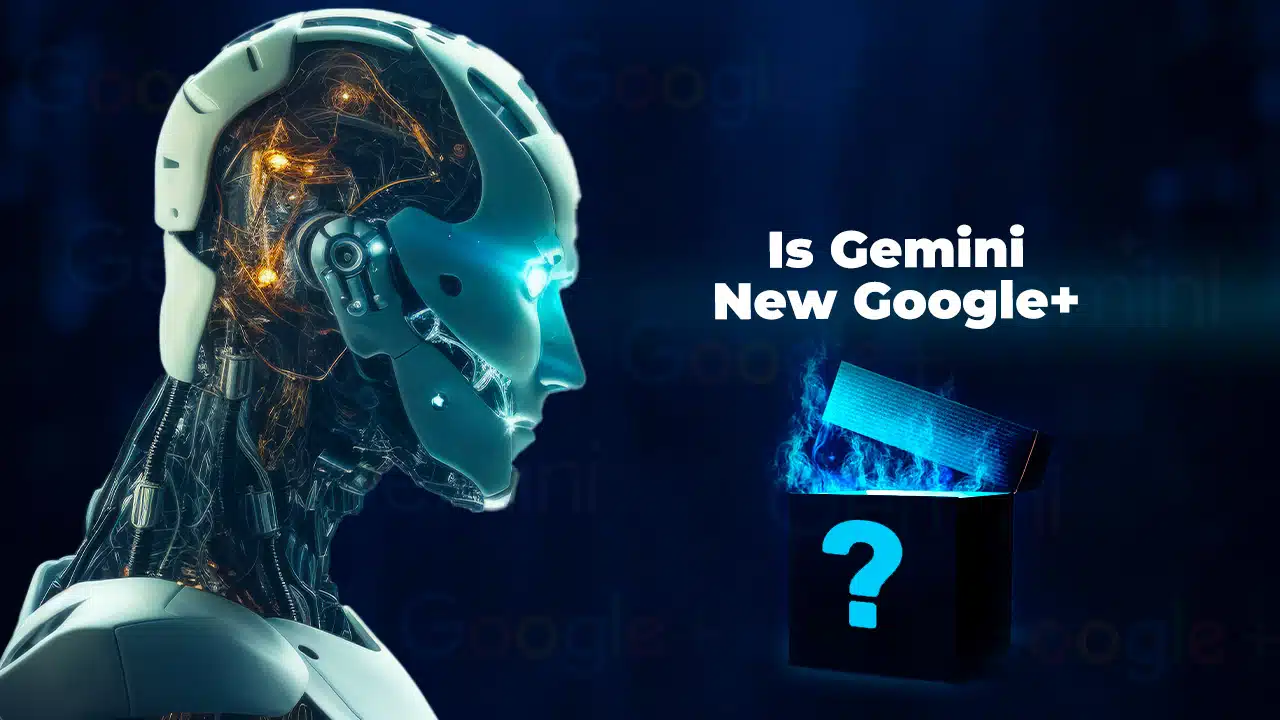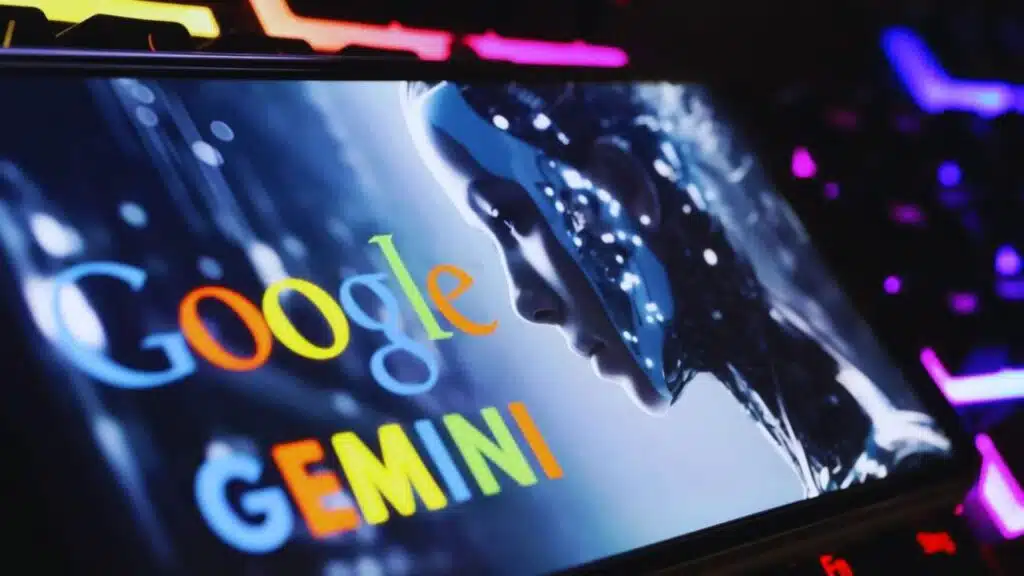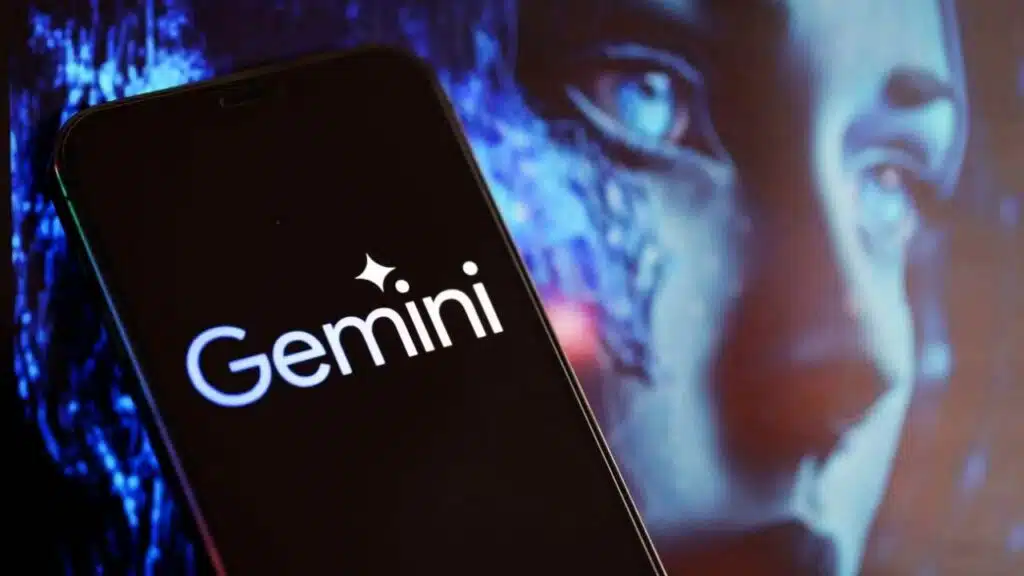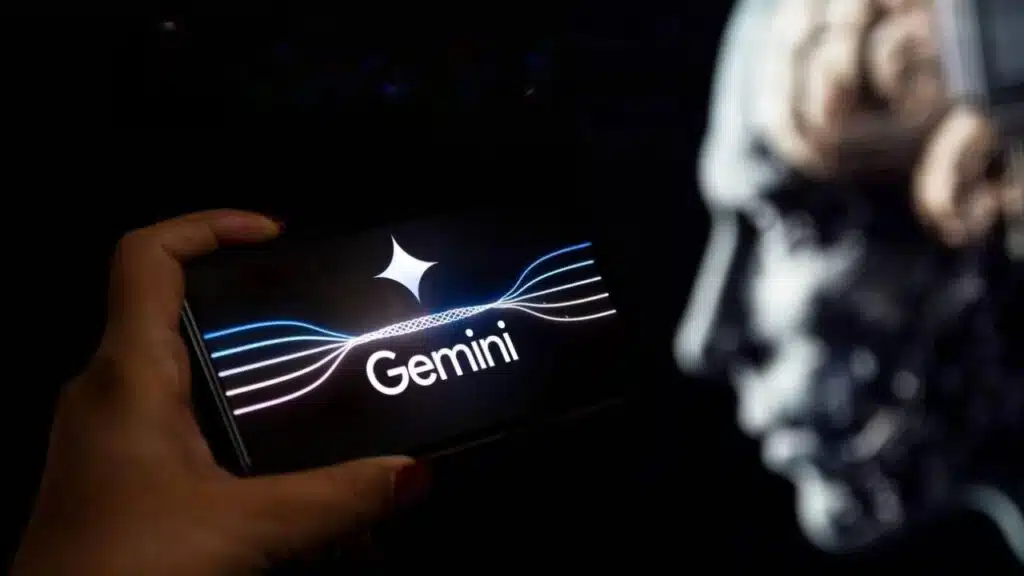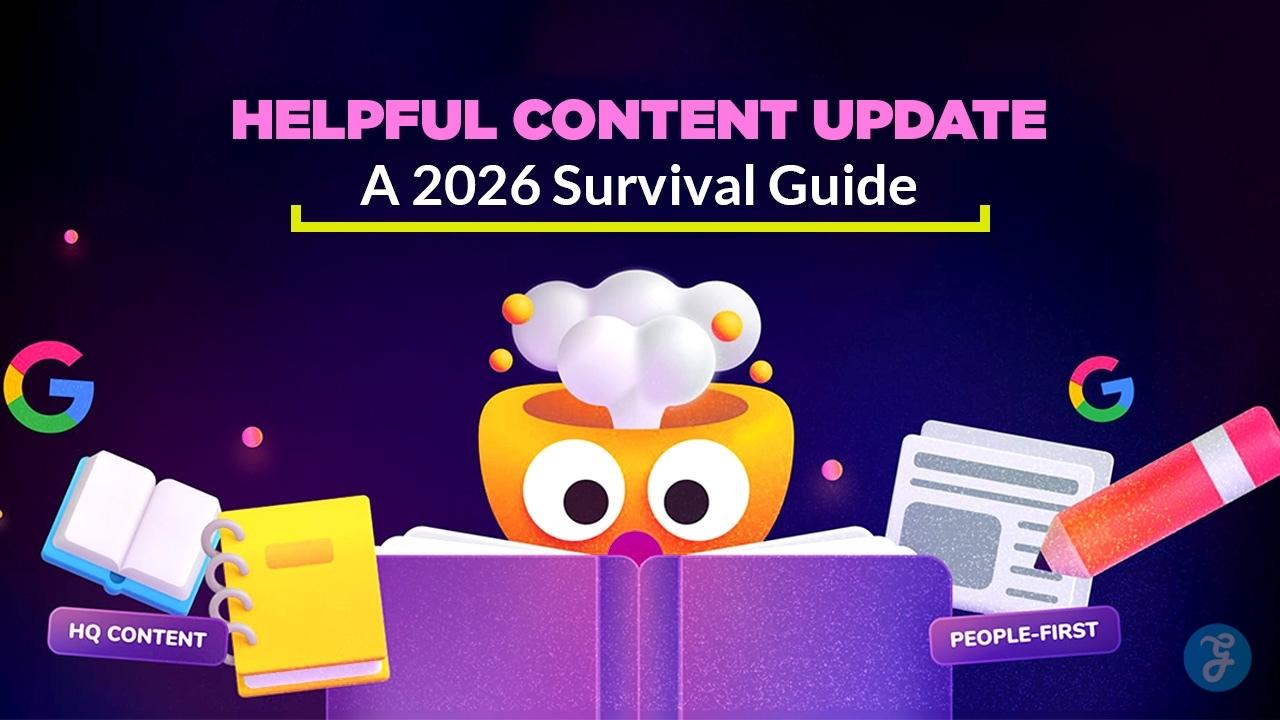In the dynamic and competitive realm of artificial intelligence (AI), Google’s latest creation, Gemini, is drawing significant attention. As we analyze whether Gemini is the new Google+ for this era, it’s essential to explore its capabilities, impact, and how it compares to other leading AI models. This comprehensive analysis delves into Gemini’s features, performance, and potential, comparing it with ChatGPT, Claude, and Co-Pilot, and examining its implications for various industries.
Google+ was an ambitious social networking project that ultimately failed to capture a substantial user base, leading to its shutdown. In stark contrast, Gemini is poised to redefine the AI landscape with its innovative multimodal capabilities. Unlike Google+, Gemini isn’t a social platform but an advanced AI model designed to revolutionize interactions across diverse domains, from enterprise solutions to consumer products.
What is Google+ and its demise?
Launched in 2011, Google+ aimed to be a social networking powerhouse, rivaling Facebook. However, despite initial hype, it failed to gain significant traction. Critics pointed to a cluttered interface, forced integration with other Google services, and a lack of unique features as reasons for its decline. Google+ officially shut down in 2019. Comparing Gemini to Google+ might seem unconventional, given their different purposes, but it’s crucial to understand Google’s strategic pivot. Google+ aimed to establish a social networking presence but struggled due to competitive pressures and user engagement issues. However, Gemini leverages Google’s vast expertise in AI and machine learning to create a versatile and powerful tool that enhances various applications rather than serving as a standalone product.
The Rise of Gemini
Unveiled in December 2023, Gemini represents a significant evolution in Google’s AI capabilities. Unlike its predecessors, Gemini is not just focused on text; it can understand and process various data formats, including images, videos, and audio. This multimodality sets it apart from previous models and positions it as a versatile tool for content creation and interaction.
Gemini’s capabilities and features
Google DeepMind developed the Gemini family of multimodal large language models to perform complex tasks across various data types, including text, code, audio, image, and video. This versatility sets it apart from previous AI models and allows it to integrate seamlessly into different applications.
Variants of Gemini
- Gemini Nano:
- Purpose: On-device applications
- Key Tasks: text summarization, smart replies, offline processing
- Advantages: High efficiency for mobile and embedded devices
- Gemini Pro:
- Purpose: Cloud-based deployment.
- Key Tasks: Research, content creation, and code generation
- Advantages: Scalable for a wide range of tasks
- Gemini Ultra:
- Purpose: Large-scale and demanding applications
- Key Tasks: Scientific discovery, complex problem solving, high-performance computing
- Advantages: State-of-the-art capabilities for the most complex tasks
Multimodal Capabilities
Gemini’s ability to process and integrate multiple types of data (text, images, audio, and video) is groundbreaking. This multimodal approach allows Gemini to understand and generate complex content, making it highly effective for various applications, from natural language understanding to visual reasoning.
Advanced performance benchmarks
We have rigorously tested Gemini against numerous benchmarks, often outperforming existing state-of-the-art models. It excels in the Massive Multitask Language Understanding (MMLU) test, which evaluates an AI’s knowledge and problem-solving abilities across 57 subjects, including math, physics, law, and medicine. Gemini Ultra’s performance on these benchmarks not only surpasses that of other AI models but also surpasses that of human experts in many areas.
Technical Innovations
Gemini incorporates several cutting-edge AI techniques, including:
- Transformer-Based Neural Networks: These networks process information in parallel rather than sequentially, enabling faster and more efficient analysis of complex relationships within data.
- Multi-Task Learning: This approach allows Gemini to learn and generalize across various tasks, enhancing its adaptability and performance in different scenarios.
- Self-Supervised Learning: By learning from vast amounts of unlabeled data, Gemini can continuously improve its understanding and capabilities without the need for extensive manual labeling.
Gemini’s Unique Features
- Gemini’s AI Overviews provide quick answers and links to learn more. Users appreciate the concise summaries and valuable information.
- Experience Factor: Google added an “E” to E-A-T (Expertise, Authoritativeness, Trustworthiness) to emphasize the importance of first-hand experience. Real-world expertise matters for Your Money or Your Life (YMYL) topics.
Content Gap Analysis
To ensure your content ranks well, conduct a content gap analysis.
- Analyze Google’s First Page: Identify gaps in existing content. Look for outdated, incomplete, or hard-to-understand material. Fill these gaps with comprehensive, user-friendly content.
- Use Tools to Scale: Tools like SEMRush help find topics with content gaps. Analyze competitors’ keywords and create content that surpasses theirs.
- Audit Your Own Content: Sometimes the best gaps to fill are in your own content. Assess your material on a regular basis and update or expand where necessary.
Comparison with Other AI Models
To contextualize Gemini’s capabilities, let’s compare it with other leading AI models: ChatGPT, Claude, and Co-Pilot.
| Feature/Model | Gemini | ChatGPT | Claude | Co-Pilot |
| Developer | Google DeepMind | OpenAI | Anthropic | GitHub (Microsoft) |
| Key Strength | Multimodal capabilities | Conversational AI | AI safety and ethics | Code generation |
| Performance Benchmarks | Exceeds human performance on MMLU | Leader in conversational tasks | Emphasis on reliable AI | Specializing in code completion. |
| Deployment | Data centers to mobile devices | Cloud-based | Cloud-based | IDE integration |
| Unique Features | Modular architecture and extensive multimodal capabilities | Large-scale language comprehension | Focus on AI safety. | Seamless coding assistance |
ChatGPT (OpenAI)
- Strengths: It is renowned for its conversational abilities and extensive language understanding.
- Limitations: Primarily text-based, it lacks the multimodal capabilities of Gemini.
- Use cases: chatbots, virtual assistants, content generation.
Claude (Anthropic)
- Strengths: Designed with a strong focus on safety and ethical considerations.
- Limitations: Similar to ChatGPT, it is primarily text-based with limited multimodal functionalities.
- Use Cases: Applications requiring high reliability and safety.
Co-Pilot (GitHub, Microsoft)
- Strengths: Specializes in code generation and integration within development environments.
- Limitations: Focused mainly on coding tasks, it lacks broader AI capabilities.
- Use Cases: Assisting developers with code suggestions and completions.
Gemini’s limitations
Despite its advanced capabilities, Gemini has several limitations:
- Resource-Intensive: Operating Gemini, especially the Ultra variant, requires substantial computational resources, making it less accessible for smaller organizations.
- Early Development Stages: Because it is a new model, Gemini may face unforeseen issues and limitations that will only become apparent with widespread use.
Here are some additional limitations to consider:
- Mistakes, as well as the absence of human-like thoughts or emotions:
- Despite its impressive capabilities, Gemini is prone to making mistakes.
- It lacks human-like thoughts or emotions, which means it doesn’t have feelings or consciousness.
- It cannot replace important figures in one’s life, such as family, friends, or professionals like teachers or doctors.
- Access Limitations:
- There are certain limitations to the free version of Gemini, which is available through the Google Gemini app on Android, the Google app on iOS, or the Gemini website.
- If you’re looking for a free AI helper to create images or redraft emails, you can use the standard Google Gemini account.
- However, if you want access to more powerful Gemini Advanced AI tools and the newest Gemini Ultra Large Language Model (LLM), you’ll need to subscribe to the Google One AI Premium Plan 2.
- Subscription Requirements for Advanced Features:
- To unlock the more powerful features of Gemini, including the Gemini Ultra LLM, users need to pay for a monthly subscription.
- The Google One AI Premium Plan provides access to these advanced tools.
-
More limitations which need to be fixed urgently
- Limited Transparency: Currently, there’s not a lot of publicly available information about how Gemini works or the specific training data it uses. This lack of transparency can raise concerns about bias and fairness in its outputs.
- Factual Accuracy and Bias: Like other LLMs, Gemini can struggle with factual accuracy, especially with complex or nuanced topics. Furthermore, the training data may introduce biases that could manifest in the outputs.
- Common Sense and Real-World Knowledge: While Gemini excels at processing information, it currently lacks common-sense reasoning and real-world experience. This can lead to nonsensical or unrealistic outputs in certain situations.
- Creativity and originality: Despite its impressive capabilities, Gemini’s text generation primarily relies on the extensive training data it has received. This can limit its ability to produce truly original or groundbreaking creative content.
- Understanding Context and Nuance: Gemini may struggle with understanding a situation’s full context or the subtle nuances of human language. This can lead to misinterpretations and misleading output.
- Limited Reasoning and Problem-Solving: While Gemini can process information and answer questions, its ability to reason through complex problems or situations is still under development.
- Data and Compute Requirements: Running large language models like Gemini requires significant computing power and access to massive datasets. This can limit accessibility for smaller businesses or individual users.
- Ethical Considerations: The potential misuse of LLMs for generating fake news, spreading misinformation, or creating deepfakes raises ethical concerns. Addressing these concerns is crucial as LLM technology continues to evolve.
Limitations of ChatGPT, Claude, and Co-Pilot
ChatGPT (OpenAI)
- Resource Constraints: Running and maintaining large language models like ChatGPT requires significant computational power.
- Context Limitations: Sometimes, ChatGPT struggles to maintain context in longer conversations.
- Bias and Inaccuracy: As with many AI models, it can produce biased or inaccurate outputs based on its training data.
Claude (Anthropic)
- Safety Trade-offs: While emphasizing safety and ethics, Claude may compromise on performance speed and versatility.
- Deployment Complexity: Integrating Claude into existing systems may be more difficult because of its emphasis on ethical constraints.
Co-Pilot (GitHub, Microsoft)
- Narrow Focus: Co-Pilot excels in code generation but lacks broader AI capabilities, making it less versatile than multimodal models like Gemini.
- Dependency on IDE: Integration within development environments largely determines its effectiveness, limiting its standalone utility.
Is Gemini a Flopped Project Like Google+?
While it’s too early to definitively label Gemini a success or a flop, several factors indicate that Gemini is more likely to succeed where Google+ failed:
- Clear Market Demand: The need for advanced AI models in various sectors, from healthcare to finance, provides a strong market for Gemini’s capabilities.
- Technological Superiority: Gemini’s multimodal approach and performance benchmarks position it as a leader in the AI space.
- Strategic Integration: Gemini integrates into a wide range of applications, enhancing its utility and adoption, unlike Google+, which was a standalone platform.
Gemini’s Impact and Future Prospects
Gemini’s introduction is a significant milestone in AI development, promising to transform industries like healthcare, education, and scientific research. Its sophisticated reasoning capabilities allow it to tackle complex problems and extract insights from vast datasets, positioning it as a valuable asset for businesses and researchers.
The future of Gemini looks promising, given its advanced capabilities and potential applications. However, its success will depend on several factors:
- Adoption and Adaptation: The speed and effectiveness with which businesses and developers adopt and integrate Gemini into their workflows will be critical.
- Continuous Improvement: Ongoing research and development to address any limitations and enhance its capabilities will be essential.
- Ethical and Regulatory Compliance: Ensuring Gemini’s use aligns with ethical guidelines and regulatory standards will be important to gain trust and widespread acceptance.
Integration into Google Workspace
One notable application of Gemini is its integration into Google Workspace through tools like “Duet AI,” which assists users in drafting emails, creating documents, and generating visuals. This integration highlights Gemini’s potential to enhance productivity and streamline workflows, reflecting a broader trend towards embedding AI into everyday tasks.
Potential in Healthcare and Research
Gemini’s ability to process and analyze medical data could revolutionize healthcare by providing more accurate diagnostics and personalized treatment plans. Similarly, its capacity for complex problem-solving makes it invaluable for scientific research, potentially accelerating discoveries in various fields.
Takeaways
Gemini represents a significant advancement in AI technology, offering capabilities far beyond those of a social platform like Google+. However, it is crucial for Google to continuously update and improve Gemini to keep it relevant and competitive. The AI landscape is rapidly evolving, and without regular updates and advancements, Gemini risks becoming obsolete, much like Google+ did in the social media realm. Its success will hinge on effective adoption, continuous enhancement, and addressing ethical and regulatory concerns.
Gemini signifies a new chapter in AI, one that promises to integrate seamlessly into our lives, enhancing capabilities and addressing complex challenges across various fields. As it continues to develop, its impact will likely be profound, reshaping how we interact with technology and harnessing its potential for the betterment of society. To ensure its success, however, keeping up with competitors like ChatGPT and Claude will require strategic updates and improvements.
Sources or References:
- Google Blog: Introducing Gemini
- Unite.AI: Google Releases “Gemini” and Array of Other AI Tools
- Intelegain: Gemini from Google: A New Era of AI Power and Capabilities
- Arxiv: MMLU Benchmark Details


